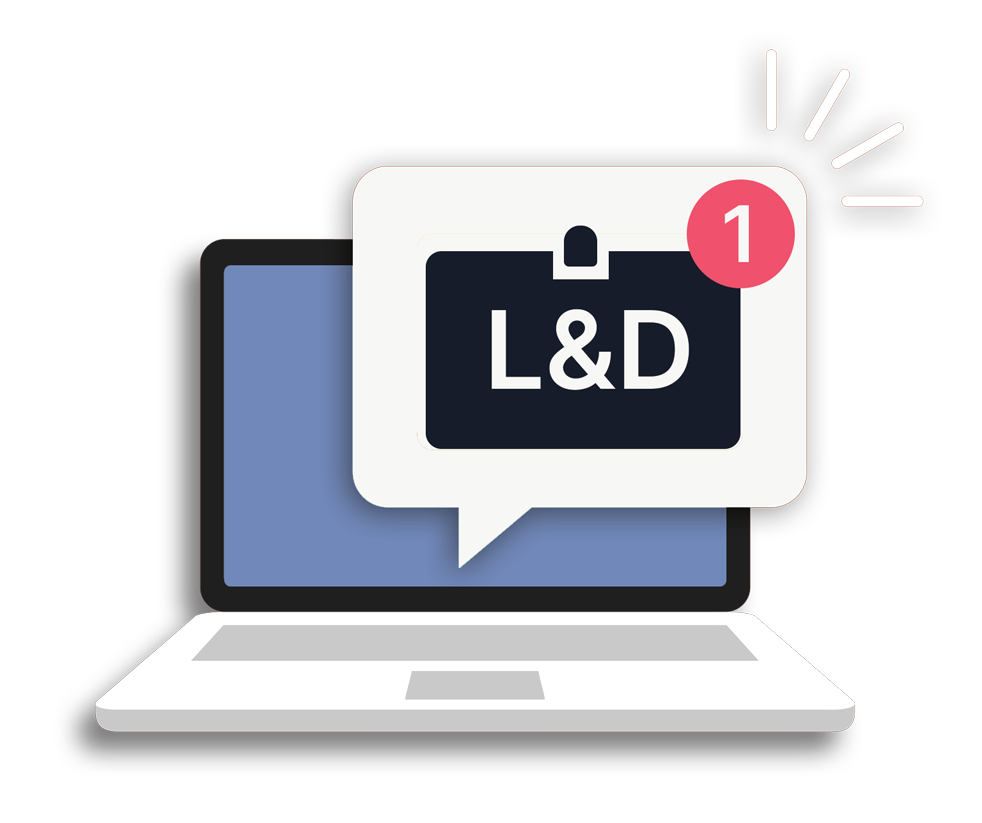This article is part of our Training Requirement Series where we provide comprehensive guides to meet the actual training requirements that are often needed/requested of learning and development departments within Australia's healthcare organisations. This series includes both general requirements, such as burnout, but also focuses on the specific requirements stemming from the NDIS, Aged Care and NSQHS Quality Standards.
The importance of effective management in healthcare organisations cannot be overstated. The sector deals with not only complex medical issues but also organisational, ethical, and social challenges. A competent management team ensures seamless delivery of healthcare services and optimal patient outcomes. In the wake of evolving healthcare standards in Australia, such as the National Safety and Quality Health Service (NSQHS) Standards, there is an increasing need to train healthcare professionals in management skills.
What Are Management Skills?
Management skills in a healthcare setting comprise a wide range of capabilities, including leadership, communication, decision-making, and conflict resolution, among others. These skills enable managers to effectively oversee healthcare operations, staff performance, and patient care. They are essential for compliance with Australian healthcare standards such as those regulated by the Aged Care Quality and Safety Commission.

The importance of effective management in healthcare organisations cannot be overstated. The sector deals with not only complex medical issues but also organisational, ethical, and social challenges. A competent management team ensures seamless delivery of healthcare services and optimal patient outcomes. In the wake of evolving healthcare standards in Australia, such as the National Safety and Quality Health Service (NSQHS) Standards, there is an increasing need to train healthcare professionals in management skills.
How to Assess a Staff's Management Skills
Identifying gaps in management skills is the first step in building an effective training program. Various approaches can be used:
- Self-Assessment: Employees assess their skills through questionnaires.
- Peer Review: Team members provide feedback on an employee's management capabilities.
- Performance Metrics: Analytical data can quantify certain management skills, such as staff turnover rates.
Strategies to Support Employees in Developing Management Skills
- Mentoring Programs: Pairing less experienced managers with veterans can be a powerful learning tool.
- Workshops and Seminars: Partner with institutions offering management courses tailored to healthcare.
- On-the-Job Training: Real-world situations provide invaluable management learning experiences.

Sample Management Skill Development Training Plan
- Week 1-2: Introduction to Healthcare Management Standards (Aged Care Quality and Safety Commission and NDIS).
- Week 3-4: Leadership and Decision-making skills.
- Week 5-6: Communication and Conflict Resolution.
- Week 7-8: Risk Management and Quality Improvement.
- Week 9-10: Feedback and Evaluation.
Evaluating Staff Management Skills - Sample Survey
Surveying is often the easiest method to conduct both the pre and post-training measurement of competence and knowledge. Here is a sample set of six survey questions you could use to evaluate the skill of burnout.
Management Skills Survey - Example Only
-
How confident are you in identifying leadership skills gaps among staff?
- 1. Not confident at all
- 2. Somewhat confident
- 3. Confident
- 4. Very confident
- 5. Extremely confident
-
Do you feel capable of assessing an employee's ability to make decisions?
- 1. Not confident at all
- 2. Somewhat confident
- 3. Confident
- 4. Very confident
- 5. Extremely confident
-
How comfortable are you with evaluating staff communication skills?
- 1. Not comfortable at all
- 2. Somewhat comfortable
- 3. Comfortable
- 4. Very comfortably
- 5. Extremely comfortable
-
Can you identify gaps in conflict resolution skills within your team?
- Yes
- No
- Somewhat
-
How proficient are you in using performance metrics to assess management skills?
- 1. Not proficient at all
- 2. Somewhat proficient
- 3. Proficient
- 4. Very proficient
- 5. Extremely proficient
-
Do you feel confident in assessing compliance with healthcare standards?
- 1. Not confident at all
- 2. Somewhat confident
- 3. Confident
- 4. Very confident
- 5. Extremely confident
-
How well can you determine an employee’s ability for risk management?
- 1. Not well at all
- 2. Somewhat well
- 3. Neutral
- 4. Very well
- 5. Extremely well
-
Can you evaluate a team member’s aptitude for patient-centred care?
- Yes
- Somewhat
- No
-
How competent are you in assessing an employee's readiness for quality improvement initiatives?
- 1. Not competent at all
- 2. Somewhat competent
- 3. Competent
- 4. Very competent
- 5. Extremely competent
-
Do you feel comfortable making recommendations for management skill development training?
- Yesl
- Somewhat
- No
Developing management skills among healthcare professionals is crucial for complying with Australian healthcare standards and delivering effective patient care. Organisations should take a multi-pronged approach to assess and develop these skills.
Ausmed's Management Skill Development Modules
Organisations using Ausmed's workforce capability products including the Ausmed Library and the Ausmed LMS can benefit from being able to access up to 1,250 pre-built training modules straight out of the box. Here are a some resources that can help your team develop management skills.
- Leadership Lesson: Finding Role Clarity
- Preventing and De-escalating Conflict at Work
- The Rise of Clinical Leadership
- Leadership Skills in Action
References
- Australian Commission on Safety and Quality in Health Care. (2021). National Safety and Quality Health Service Standards. Retrieved from https://www.safetyandquality.gov.au
- Aged Care Quality and Safety Commission. (2020). Aged Care Quality Standards. Retrieved from https://www.agedcarequality.gov.au


